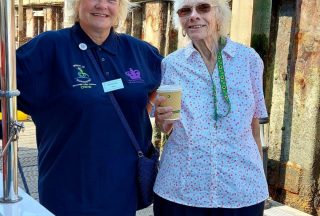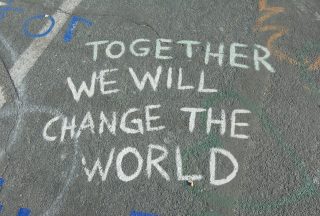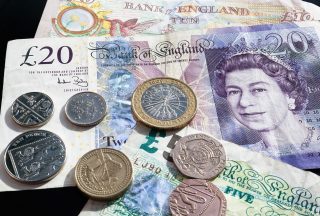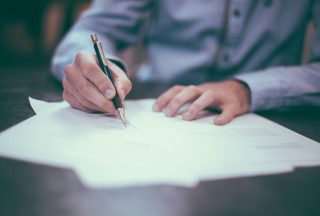All strokes are different. For some people the effects may be relatively minor and may not last long, while others may be left with more serious long-term problems. They might experience pain and sensory problems after stroke, problems with speaking, reading, writing and understanding and extreme fatigue.
A stroke happens when the blood supply to part of the brain is cut off, killing brain cells. Damage to the brain can affect how the body works. It can also change how you think and feel. The effects of a stroke depend on where it takes place in the brain, and how big the damaged area is.
The main symptoms of a stroke include:
- Sudden weakness or numbness on one side of the body, including legs, hands or feet.
- Difficulty finding words or speaking in clear sentences.
- Sudden blurred vision or loss of sight in one or both eyes.
- Sudden memory loss or confusion, and dizziness or a sudden fall.
- A sudden, severe headache.
Different types of stroke
There are three different types of stroke:
- An ischaemic stroke is caused by a blockage cutting off the blood supply to the brain. This is the most common type of stroke.
- A haemorrhagic stroke is caused by bleeding in or around the brain.
- A transient ischaemic attack or TIA is also known as a mini-stroke. It is the same as a stroke, except that the symptoms only last for a short amount of time. This is because the blockage that stops the blood getting to your brain is temporary.
All strokes are different. For some people the effects may be relatively minor and may not last long. Others may be left with more serious problems that make them dependent on other people.
Unfortunately, some strokes can be very serious and some may lead to coma or sudden death. That’s why it’s so important to be able to recognise the symptoms and get medical help as quickly as possible.
The quicker you receive treatment, the better your chances for a good recovery. More information on strokes and recovery from a stroke can be found on the NHS website – nhs.uk/conditions/stroke/recovery
What support is available
The Stroke Association
The Stroke Association support people to rebuild their lives after a stroke. They believe everyone deserves to live the best life they can after a stroke. They provide specialist support, fund critical research and campaign to make sure people affected by stroke get the very best care and support to rebuild their lives.
You can find local support on their website stroke.org.uk. For information about stroke and support, you can call their dedicated Stroke Helpline on 0303 3033 100 or you can email them at helpline@stroke.org.uk.
The Stroke Association has a carers guide with information and resources to access – stroke.org.uk/resources/carers-guide-stroke
Within Dorset, there are a number of stroke groups that may be able to offer you support as a carer and for the person you care for. You can find your local group here – stroke.org.uk/finding-support/support-groups – or by calling 0303 3033 100.



